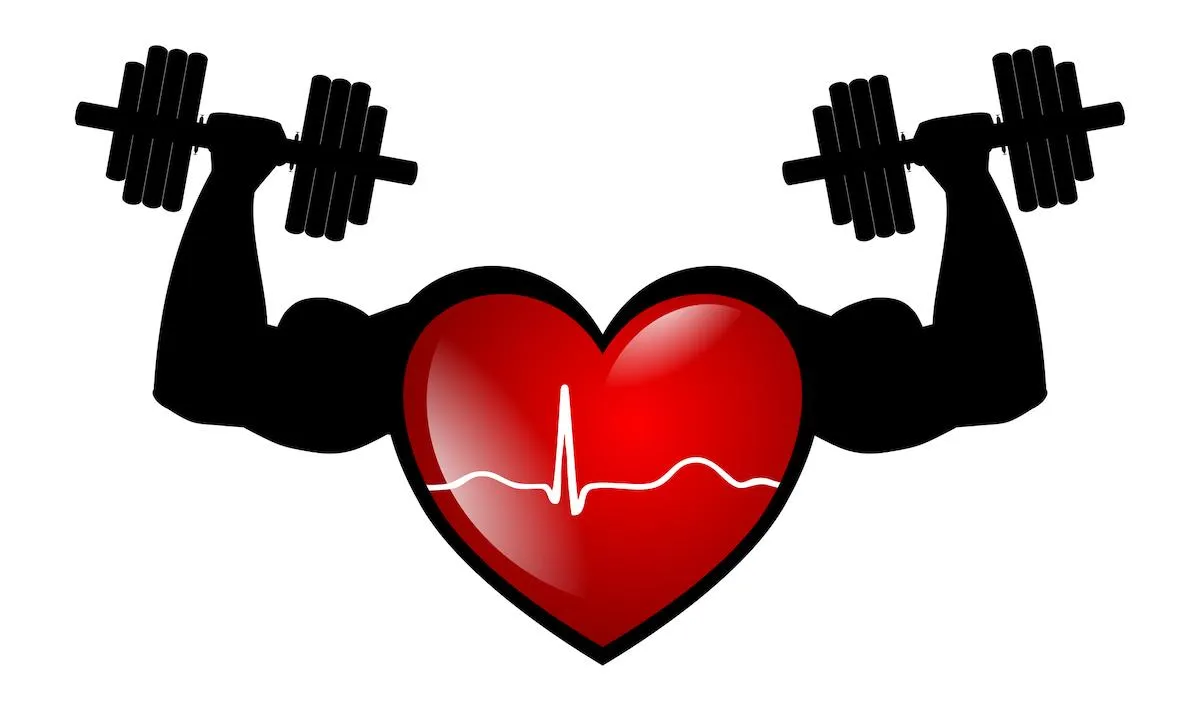Open hours: By Appointment Only 847-512-3722
TASH Wellness Blog

Improving Your Heart Health
“The problem with heart disease is that the first symptom is often fatal.” — Michael Phelps
Happy love month!
In our studio we really take each day to share our love and gratitude; so, Valentine’s Day and the month of love are not really on the docket. But we will totally take this month to reassess our hearth health and cardiovascular endurance.
Let’s chat about cardiovascular health, what it is, what it implies and how to make it better!
Cardiovascular health is measure by your resting heart rate, blood pressure and your heart rate recovery after exercise. Please note, this article is not meant to diagnosis or treat any conditions, please reach out to your doctor for any concerns.
Resting Heart Rate
Your true resting heart rate is right when you wake up, before you even move or sit up. This is very hard to measure because, I mean you’d have to roll over to grab your watch to start counting. So, we can simply sit down, feet uncrossed, for a few minutes taking some slow breaths. Then by measuring at the carotid artery (neck) or radial artery (wrist) you can count the pulses for 60 seconds to get your beats per minute. This should be between 60-100. The lower the number indicates you’re in better cardiovascular shape. Keep in mind some medications can alter this either up or down.
Blood Pressure
Your blood pressure is reading the force of the blood against the artery walls as it pumps it to your body. A higher blood pressure is indicative of heart disease or stiff/blocked arteries. At rest this reading should be less than 120/80. 120 representing the systolic pressure (pressure in your arteries under contraction of the heart) and 80 representing the diastolic pressure (pressure in your blood vessels when heart is relaxed).
Heart Rate Recovery
Your heart rate recovery time will tell us how efficient your heart is during and after exercise. To measure this, take your heart rate at the peak of exercise. Then stop exercising, wait one minute, and take another reading. The difference should be 18 or greater. There is no specific number so this is just a general range. If you are producing a low HRR number, you could be at risk for some heart problems and should consult your doctor.
Improving Your Cardiovascular Health
You can easily start to improve your cardiovascular health by incorporating these five simple new habits into your daily routine.
1. Walk Daily – get in a walk ever day (or as close as you can). Start with 10 minutes. Then increase both duration and tempo. As you get more endured, pick up your pace and then add a ruck sack/ weighted vest. We recommend Hyperwear weighted vest for comfort and ease.
2. Lift Weights – your heart is a muscle after all. Where it is not going to be tearing and rebuilding like our skeletal muscle, it does benefit greatly from lifting weights, heavy weights. Start out with a trainer that understands senior fitness and follow their expert guidance to progress you into lifting and challenging your body with a heavy load.
3. Eat Vegetables/Fruits – Add in an extra fruit and/or veggie a day. To start that is. We should be getting a large variety of fruits and vegetables each week. Aiming for 30 different plant varieties.
4. Decrease Your Saturated Fats (aka. red meats) – Saturated fats are found in animal products and are found in much higher levels in red meat and things like bacon and cheese. Think this way, if the fat becomes solid at room temperature, it’s a saturated fat and should be limited. This gets clogged in our arteries blocking flow and limiting dilation/contraction of our blood vessels.
5. Snack on Nuts – Nuts are a great replacement snack for chips and crackers. These simple carbohydrates are usually filled with nothing beneficial and all the stuff that isn’t healthy but sure tastes good. By replacing our snacking with nuts, we are adding in extra fiber, protein and healthy fats. They can reduce inflammation, decrease risk of stroke and heart attack, improve cholesterol and improve artery health. All helping the heart work better.
6. BONUS – Take deep breaths and have gratitude. Attitude can change everything. By expressing our gratitude in life, we are in turn decreasing our stress levels, release beneficial hormones, and this combined increases our heart health. There is so much to stress over, lets eliminate some by taking the deep breaths, slowing the heart, and slowing cortisol (stress hormone) release. These deep breaths combined with our gratitude will decrease our daily stress. Daily stress is EXTREMELY hard on the body and the heart.
Now that we’ve seen what heart health looks like and we have some simple actionable items, let’s make this February not just love month, but love muscle month too. Let’s take care of our heart physically so we can use them emotionally!
Medical Disclaimer: Please note, this article is not meant to diagnosis or treat any conditions, please reach out to your doctor for any concerns. Content in this email is for informational or educational purposes only, and does not substitute professional medical advice or consultations with healthcare professionals.
At TASH Wellness for Women in Glenview, we are here for you! Our specialty is women. We love working with women that have a substantial amount of weight to reduce, or women that are 50 and above. As a Functional Aging Specialist, Integrative Corrective Movement Instructor, and Aging the Older Adult Instructor, we get all our women moving functionally for the rest of their lives. We work on balance, cognitive training, fall prevention and strength. TASH Wellness is not a gym - it's a journey and it's YOUR community. We serve women in Skokie, Wilmette, Winnetka, Evanston, Lincolnwood, Morton Grove, Niles, Park Ridge, Northbrook, Glencoe, Glenview, Riverwoods, Chicago and Des Plaines.
$209
28-Day Trial

Copyright ©2023 All rights reserved
Powered by Zen Planner


